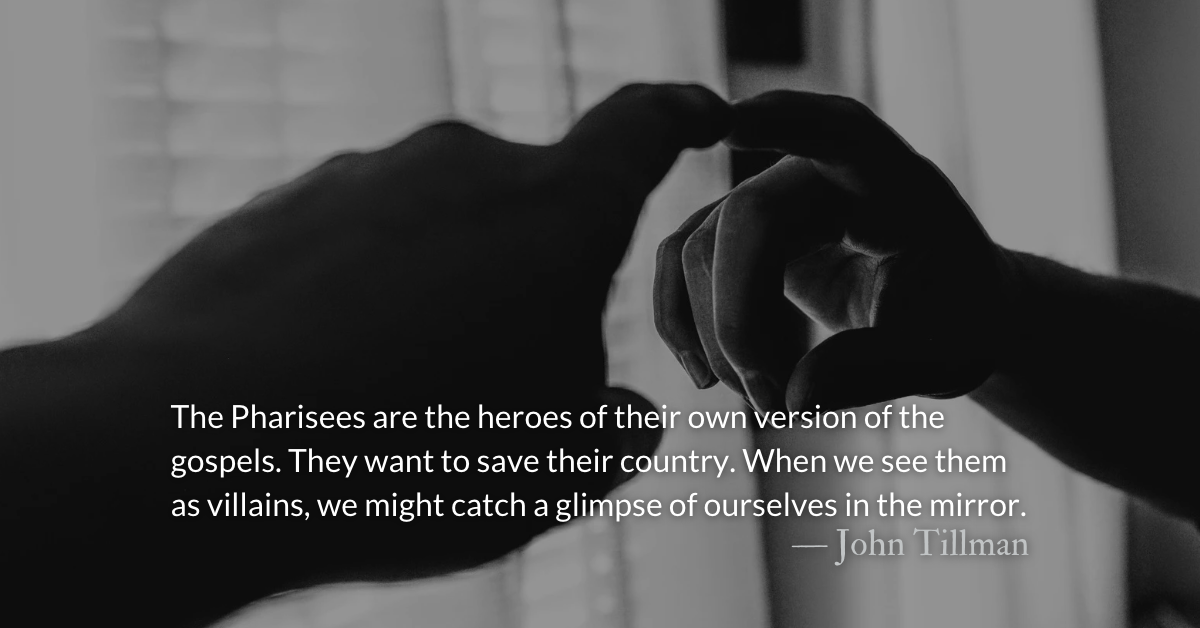Scripture Focus: Luke 14.1-6, 12-14
1 One Sabbath, when Jesus went to eat in the house of a prominent Pharisee, he was being carefully watched. 2 There in front of him was a man suffering from abnormal swelling of his body. 3 Jesus asked the Pharisees and experts in the law, “Is it lawful to heal on the Sabbath or not?” 4 But they remained silent. So taking hold of the man, he healed him and sent him on his way.
5 Then he asked them, “If one of you has a child or an ox that falls into a well on the Sabbath day, will you not immediately pull it out?” 6 And they had nothing to say.
12 Then Jesus said to his host, “When you give a luncheon or dinner, do not invite your friends, your brothers or sisters, your relatives, or your rich neighbors; if you do, they may invite you back and so you will be repaid. 13 But when you give a banquet, invite the poor, the crippled, the lame, the blind, 14 and you will be blessed. Although they cannot repay you, you will be repaid at the resurrection of the righteous.”
Reflection: Healing the Swollen
By John Tillman
Entering a banquet held by a “prominent Pharisee,” Jesus sees a man with edema or abnormal swelling. The Pharisee was following the letter of the advice Jesus would give later in this chapter; he invited the sick and lame to eat at his banquet. (Luke 14.13-14) This Pharisee had no power to heal. What more could he do? Was he doing something wrong? Was the swollen man there out of altruistic hospitality? Perhaps not. Luke tells us Jesus was “being carefully watched.”
Many times the Pharisees set up situations to ask controversial questions. This time, seeing the man placed strategically in front of him, Jesus asked before they had a chance: “Is it lawful to heal on the Sabbath?” They would not answer. Even after he healed the man and defended his action, they remained silent. The Pharisees saw Jesus without seeing him and heard him without hearing him. They listened not to understand, but to oppose.
The Pharisees opposed Jesus’ interpretation of scripture even though they could not refute it. They opposed his methods even though they could not deny his miraculous power and prophetic status. Naturally, they are the antagonists of the gospel accounts.
I recently heard an audio recording of a dramatic performance of the life of Christ. Many portions were excellent. The portrayal of the Pharisees, however, was outlandishly evil. They sounded like cartoon villains I would watch on Saturday mornings between bowls of cereal.
I recently played an outlandish villain, Zoser, in the musical Aida. It’s a great deal of fun as a performer to lean hard into portraying villains. But actors (and audiences) must always remember that most villains see themselves as heroic.
When reading the New Testament, especially as modern western Christians, we need to keep in mind that the Pharisees are our closest theological and political analogs in scripture. They are confident in their scholarship. They are engaged in “culture war” issues against the Romans, Greeks, Samaritans, and less devout Jews. The Pharisees are the heroes of their own version of the gospels. They want to save their country. When we see them as villains, we might catch a glimpse of ourselves in the mirror.
Jesus cared for Pharisees swollen with pride. He can heal us too. As we read about the Pharisees, we should remember this, and ask the Holy Spirit to confront us and heal us.
Divine Hours Prayer: The Request for Presence
Be pleased, O God, to deliver me; O Lord, make haste to help me. — Psalm 70.1
– From The Divine Hours: Prayers for Springtime by Phyllis Tickle.
Today’s Reading
Exodus 32(Listen 5:47)
Luke 14(Listen 4:36)
Read more about False Dilemmas
I used to read Jesus’ answers as “burns” and “mic drop” moments…But instead of intending harm, Jesus intended healing.
Read more about Stretch Out Your Hand
The man with the shriveled hand seems to be there only so the leaders can see if Jesus will break one of their interpretations of Sabbath law. It’s a trap.







